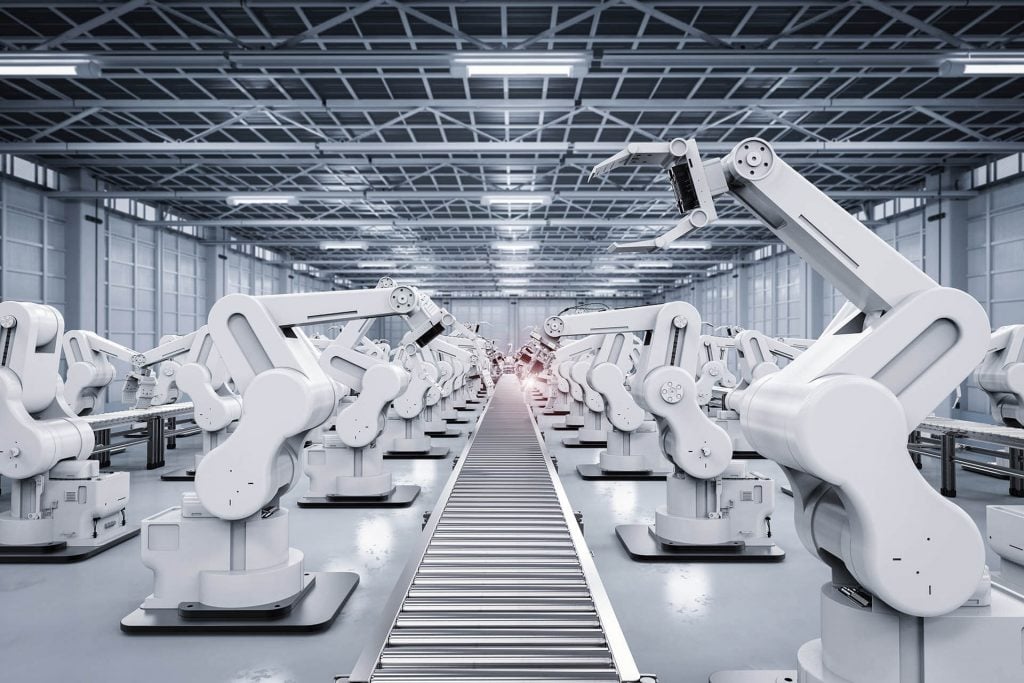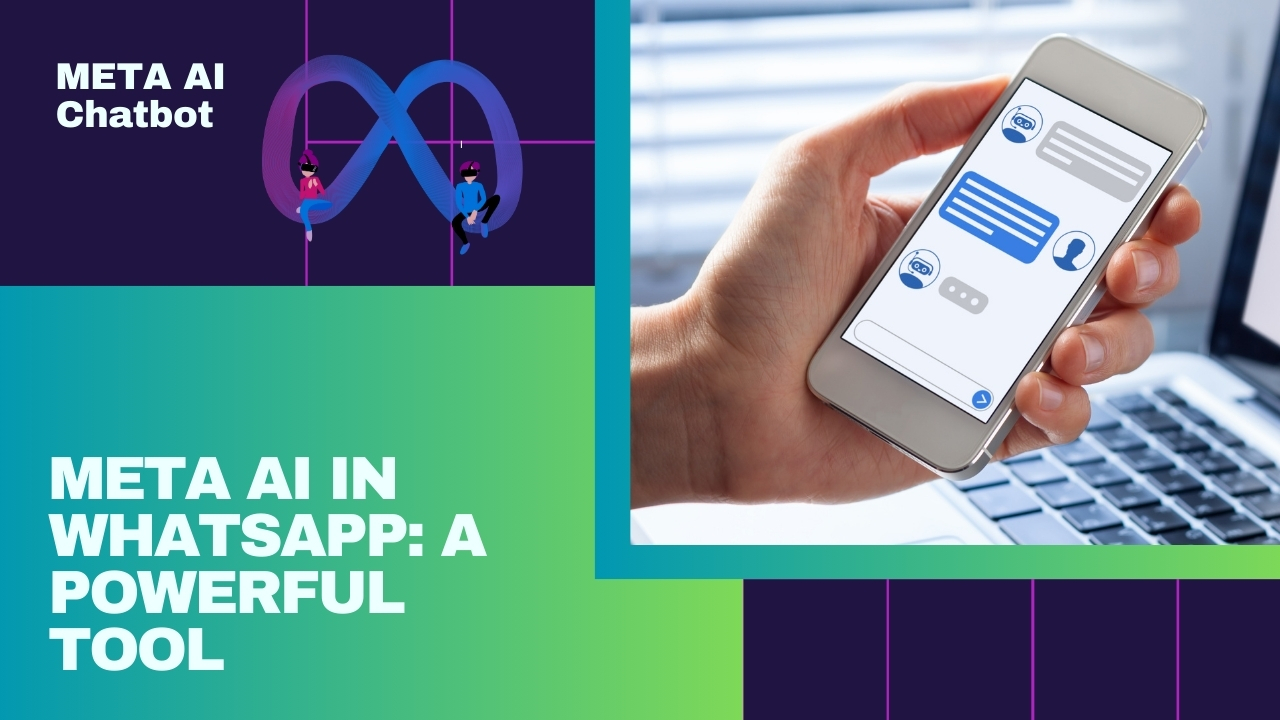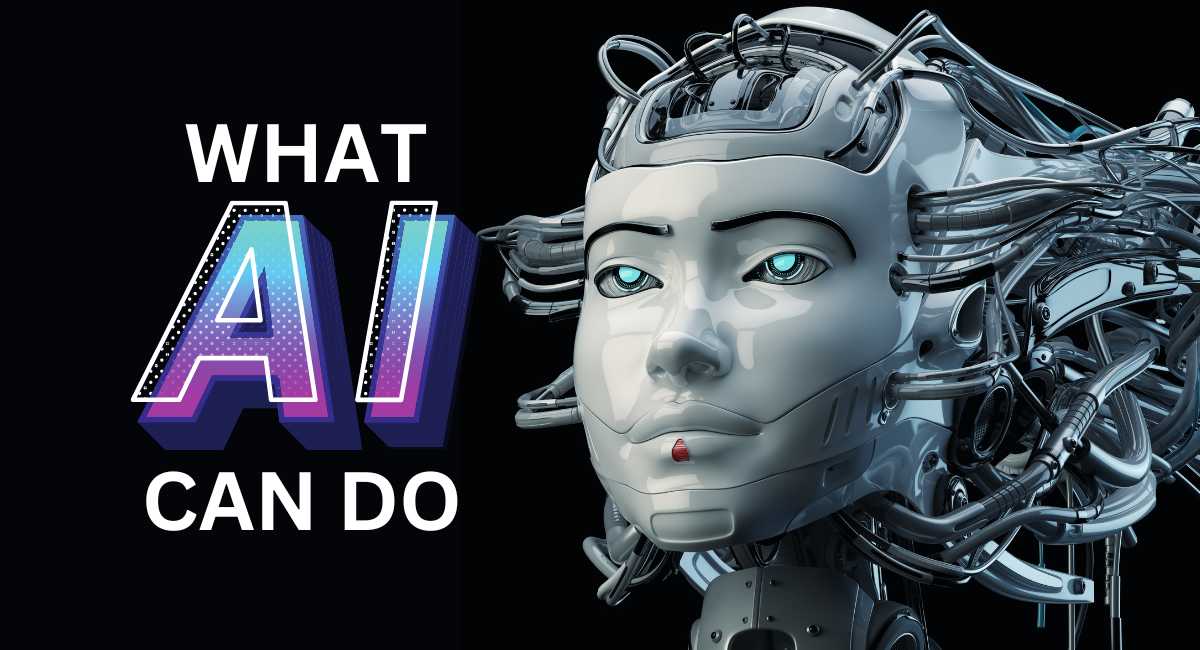Artificial Intelligence (AI) is an ever-evolving technology that has the potential to revolutionize various industries and, by extension, the world. AI began as a concept in 1956 and has come a long way since then – from being a powerful tool used by tech giants to become an embedded feature in most of our everyday lives. As the advancements in AI technology continue to progress, the potential for AI-based applications is vast and far-reaching.
AI and its Effects
The world is being transformed by the power of artificial intelligence (AI). AI has been used to develop solutions for various industries, from healthcare to finance. It has revolutionized how businesses and organizations operate, providing more efficient processes and offering unprecedented insights into data-driven opportunities.
AI has enabled companies to automate repetitive tasks, allowing them to focus their resources on more meaningful activities. Analyzing large sets of data can identify patterns or trends that humans may overlook. Additionally, its predictive capabilities can provide actionable insights into future trends or behaviours. In addition to improving operational efficiency and decision-making, AI drives innovation in various fields, such as healthcare and transportation. These advances are quickly becoming essential components in many industries across the globe.
This article will explore how AI is transforming various industries by unlocking their potential and changing the world around us.
AI in Business
The business world is rapidly shifting to incorporate Artificial Intelligence (AI). AI is a powerful tool that they can use to improve efficiency, reduce costs, and streamline processes – transforming entire industries. AI technology uses data analysis and automation to provide customers with personalized services and increase business productivity.
Businesses are leveraging the ability of AI-driven systems to automate mundane tasks such as filing paperwork or processing orders. In addition, AI-enabled systems can identify customer trends and behaviours to personalize customer products or services. This has greatly increased the efficiency of many businesses by allowing them to better serve their customers with tailored offerings.
Overall, AI technology has quickly become essential to any successful business strategy as it helps companies remain competitive in a rapidly changing market environment.
Automation & Job Creation
Automation and artificial intelligence have become increasingly commonplace in many industries, from retail to finance. But what does the emergence of automation and AI mean for job creation? As automation technologies are used to streamline and optimize processes, some people fear this will lead to a net loss of jobs. However, the truth is more complex; while automation may displace certain roles in certain sectors, it could create new opportunities across the board.
The potential benefits of automation go beyond increased efficiency; AI-enabled technologies can help companies better understand their customers’ needs and create personalized solutions. Companies may need additional staff with specialized skill sets to manage these automated systems; this could open up new roles as technology becomes more important in all business areas. Automation also has the potential to reduce labour costs, which could encourage businesses to expand their operations and hire more employees.
AI in Medicine and Healthcare
Artificial Intelligence is becoming increasingly prevalent in various industries, including medicine and healthcare. For example, AI technologies are revolutionizing how medical professionals diagnose and treat illnesses, creating faster methods of diagnosis, more accurate treatments, and personalized patient care. Likewise, health organizations worldwide are investing in AI technology to gain access to better data analysis for patient diagnoses and improved quality of care.
In medicine and healthcare, AI can help doctors make more accurate diagnoses by utilizing large databases filled with medical information. AI can also create effective predictive models that allow doctors to anticipate health risks before they occur. Additionally, AI-based applications have been developed specifically for monitoring vital signs, such as blood pressure and heart rate, which helps medical professionals keep a close eye on their patient’s progress over time.
AI in Education
The world is changing with the rise of Artificial Intelligence (AI) – and education is no exception. Artificial Intelligence transforms how we learn, from the curriculum taught in classrooms to the interactions between students, instructors and educational materials. In this article, we’ll explore how AI is revolutionizing the educational landscape and discuss why it’s so important for educators to understand its potential.
As part of this transformation, AI can assist teachers with lesson planning by providing personalized learning experiences for each student based on their strengths and weaknesses. It also enables more efficient data analysis that helps teachers track student progress and measure learning outcomes over time. Additionally, AI-powered language recognition software can translate foreign texts into a learner’s native tongue, simplifying complex topics like literature or history.
AI and Government Services
AI has become a major factor in how governments worldwide provide services to their citizens. From personalizing health care and streamlining the delivery of social services to recognizing patterns in large data sets, AI can provide immense value to government decision-making. With its ability to process vast amounts of information quickly and accurately, AI provides governments with unprecedented levels of insight into their citizens’ needs.
Artificial Intelligence revolutionizes the delivery of government services in many ways. By leveraging machine learning algorithms and natural language processing tools, AI can create predictive models that improve service delivery efficiency and accuracy. It also helps make decisions about policy initiatives faster and more accurately than ever before. Moreover, these technologies are allowing governments to identify better areas for improvement across all public service sectors, from healthcare, education, and security to infrastructure upgrades – AI is driving progress in almost every imaginable sector.
Conclusion: Benefits of AI
The potential of Artificial Intelligence (AI) to revolutionize industries and societies is immense. AI is a transformative technology that has the power to automate processes, improve decision-making and optimize operations. As such, it has numerous advantages for businesses, consumers, and organizations.
In this article, we examine how different sectors and industries use AI – from healthcare to manufacturing – and explore how AI can improve our lives. We also examined some potential challenges, including privacy concerns and ethical implications. Ultimately, however, the benefits of AI far outweigh any drawbacks; it promises faster problem-solving capabilities, improved accuracy in predictions and better decision-making overall. Moreover, with increased advancements in AI technology come more opportunities to unlock its full potential and drive innovation across all sectors.


